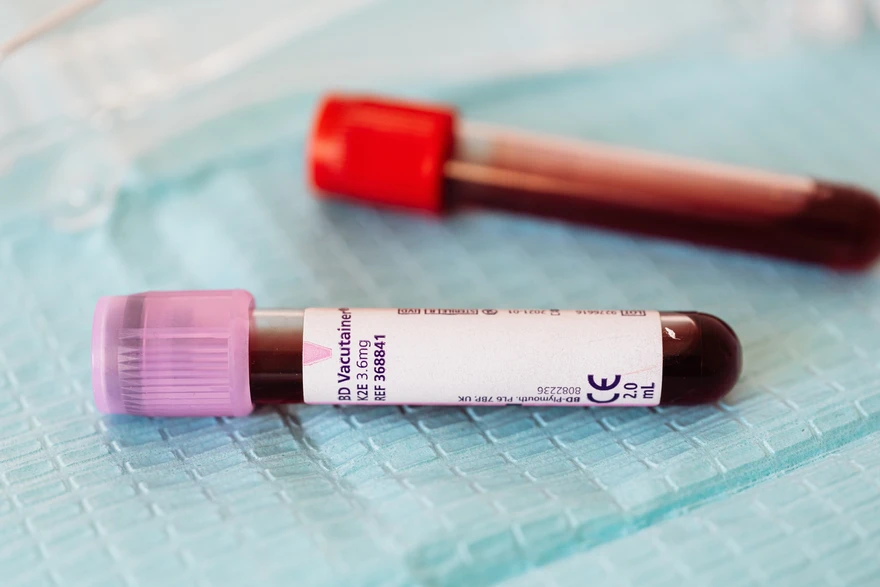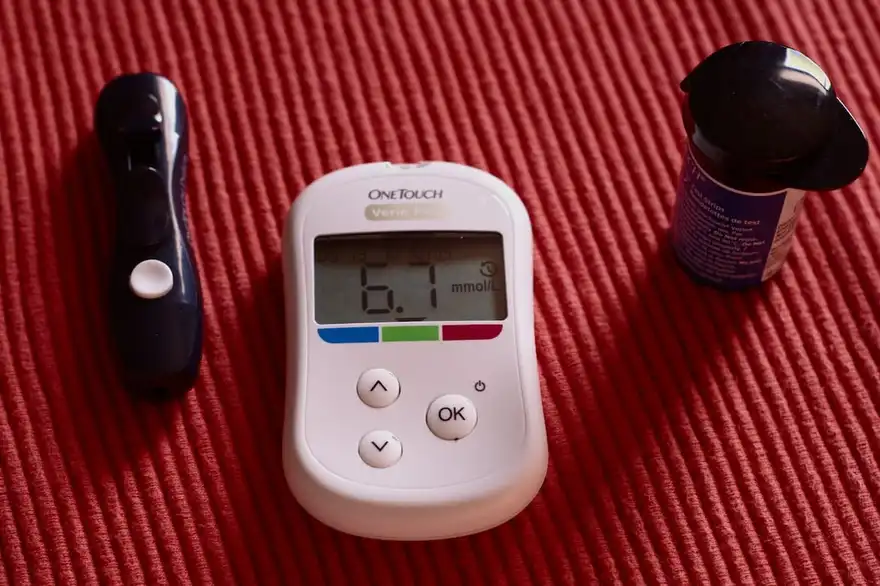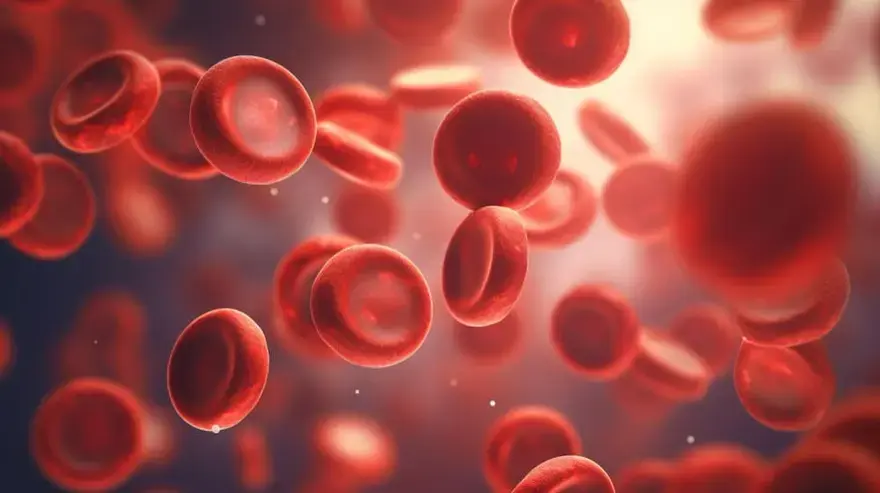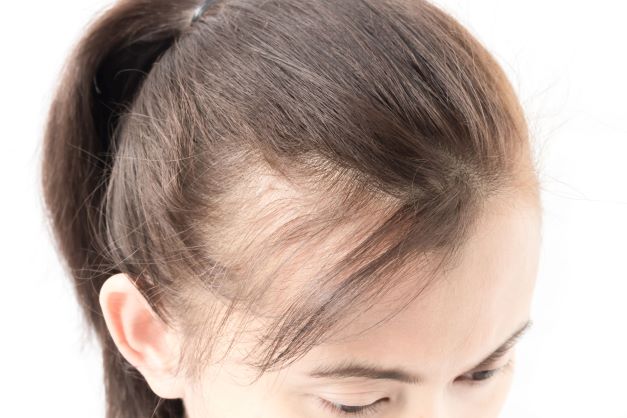Preventive Healthcare
Inguinal Hernia: Exploring Causes, Symptoms and Treatment Options
357 Views
0

While inguinal hernias are non-fatal, they can hamper regular activities. Here is a quick guide on the condition, its causes, symptoms and treatments.
What is an inguinal hernia?
An inguinal hernia occurs when a tissue, usually a part of the intestine, protrudes through a weak spot in the abdominal muscles into the inguinal canal in the groin area. This type of hernia is prevalent and can cause discomfort or pain, especially when lifting heavy objects, coughing, or straining during bowel movements.
What are the symptoms of an inguinal hernia?
Symptoms of an inguinal hernia include:
- Pain or discomfort in the groin while bending over, coughing, or lifting
- A bulge or swelling in the groin area that becomes more prominent while standing or straining
- A feeling of heaviness or pressure in the groin
- Aching or burning sensation at the site of the bulge
- Weakness, discomfort, or pain in the scrotum in men
- Nausea and vomiting, particularly if the hernia becomes trapped or incarcerated
What are the types of inguinal hernia?
There are two main inguinal hernia types:
- Indirect inguinal hernia: This is most common in children and is caused by a congenital defect in the abdominal wall, a persistent opening that does not close during fetal development, or weakness in the inguinal canal.
- Direct inguinal hernia: These inguinal hernia types typically develop in older adults due to muscle weakness or ageing.
What are the causes of inguinal hernia?
A combination of factors typically causes inguinal hernias:
- Weakness in the abdominal muscles: This is considered a major contributor to inguinal hernias.
- Increased pressure on the abdominal cavity: Heavy lifting, persistent coughing, straining during bowel movements, or obesity can lead to tissue herniation through weakened areas of the abdominal wall.
- Congenital predisposition: This means being born with a higher risk due to genes and inheriting weakness in the abdominal wall or inguinal canal.
What are the risk factors of inguinal hernia?
Several risk factors contribute to the development of inguinal hernia:
- Male gender: Men are more prone to inguinal hernias due to a natural weakness in the inguinal canal. Inguinal hernia female cases make it to only 1.9%.
- Old age: Ageing weakens abdominal muscles, increasing the risk of herniation.
- Family history: Having a family history predisposes individuals to develop inguinal hernias.
- Obesity: Excess weight puts strain on the abdominal muscles, making hernias more likely.
- Chronic constipation: Straining during bowel movements increases abdominal pressure, which can lead to inguinal hernia.
- Heavy lifting: Jobs or activities involving frequent heavy lifting can strain the abdominal muscles and cause inguinal hernia.
- Chronic cough: Persistent coughing, often due to smoking or underlying respiratory conditions, can weaken abdominal muscles and increase the inguinal hernia risk.
Inguinal hernias in newborns
Inguinal hernias are common among newborns and premature infants, occurring in about 1% to 5% of babies. These bulges in the groin or scrotum may become more noticeable during periods of increased intra-abdominal pressure, such as when the baby cries and may recede or disappear at other times.
How is an inguinal hernia diagnosed?
The inguinal hernia diagnosis process may involve the following steps:
- Medical History: The doctor will inquire about your inguinal hernia symptoms, medical history and risk factors.
- Physical Examination: The doctor will examine the groin area while you're standing and lying down, looking for a bulge or swelling in the groin or scrotum, which is characteristic of an inguinal hernia.
- Cough Test: You may be asked to cough or strain during the exam to help the doctor detect the hernia more easily.
- Imaging Tests: In some cases, imaging tests such as ultrasound, CT scan, or MRI may be recommended to confirm the diagnosis or evaluate the extent of the hernia.
What is the treatment for inguinal hernia?
Your physician may suggest a surgical repair or watchful waiting approach depending upon inguinal hernia symptoms. Here are the details:
Inguinal Hernia Surgery
- Open procedures: Bassini technique or Lichtenstein tension-free hernioplasty involves making an incision near the hernia, pushing the protruding tissue back into place, and reinforcing the weakened abdominal wall with stitches or mesh.
- Laparoscopic repair: It involves smaller incisions and the use of a camera and specialized instruments to repair the hernia, often with less pain and quicker recovery.
Inguinal Hernia Treatment without Surgery
If the inguinal hernia is small and asymptomatic, it may be treated with close monitoring and lifestyle modifications, such as dietary changes and avoiding stress.
Temporary Hernia Treatment
These methods aim to alleviate symptoms and discomfort. You can wear a supportive corset, binder, or truss to temporarily relieve pain by exerting gentle pressure on the inguinal hernia site. Over-the-counter pain relievers may also be used to manage hernia-related pain temporarily.
How can I reduce my risk of getting an inguinal hernia?
To reduce the risk of developing an inguinal hernia, you can follow these tips:
- Avoid Heavy Lifting: Minimise lifting heavy objects, especially if you are not accustomed to it.
- Lift Properly: Learn and practice proper lifting techniques to avoid strain on your abdominal wall.
- Maintain a Healthy Weight: Manage obesity through a healthy diet and exercise to decrease the risk of inguinal hernias.
- Strengthen Core Muscles: Exercises, such as planks, strengthen your core muscles and provide better support to your abdominal wall.
- Treat Constipation Promptly: Stay hydrated and eat a fibre-rich diet to prevent constipation that strains abdominal muscles.
- Quit Smoking: Smoking weakens abdominal muscles and increases the risk of chronic coughing. Quitting it can reduce the inguinal hernia causes.
- Treat Chronic Cough: Treating underlying conditions causing coughing, such as respiratory infections or asthma, can help reduce the risk.
What are the complications of inguinal hernia?
Complications of inguinal hernia repair surgery may include:
- Surgical Site Infection: Infections at the incision site can occur, ranging from superficial to deep incisional infections.
- Mesh Complications: Mesh migration and erosion, where the surgical mesh used to repair the hernia may move from its original position or cause tissue erosion.
- Recurrence: Despite surgery, hernias can sometimes recur, necessitating further treatment.
- Chronic Pain: This may be experienced in some cases due to nerve damage, scar tissue formation, or other factors.
- Urinary Symptoms: In rare cases, surgery for inguinal hernia repair may lead to genitourinary complications, such as urinary retention or other urinary symptoms.
Conclusion
In conclusion, while inguinal hernia treatment aims to alleviate symptoms, accurate diagnosis through physical examination, ultrasound, or MRI is crucial to effectively managing and mitigating any risks. Routine follow-up appointments with your doctor to monitor recovery progress help treat inguinal hernias better.
Metropolis Labs offers comprehensive diagnostic services, including imaging studies like an abdominal ultrasound, CT scan or MRI and blood tests, to support the effective management of inguinal hernias. Trust in Metropolis Healthcare's expertise and commitment to precision in diagnostics for comprehensive care and peace of mind.
 Home Visit
Home Visit Upload
Upload












1715579024.webp)

1701259759.webp)




















 WhatsApp
WhatsApp